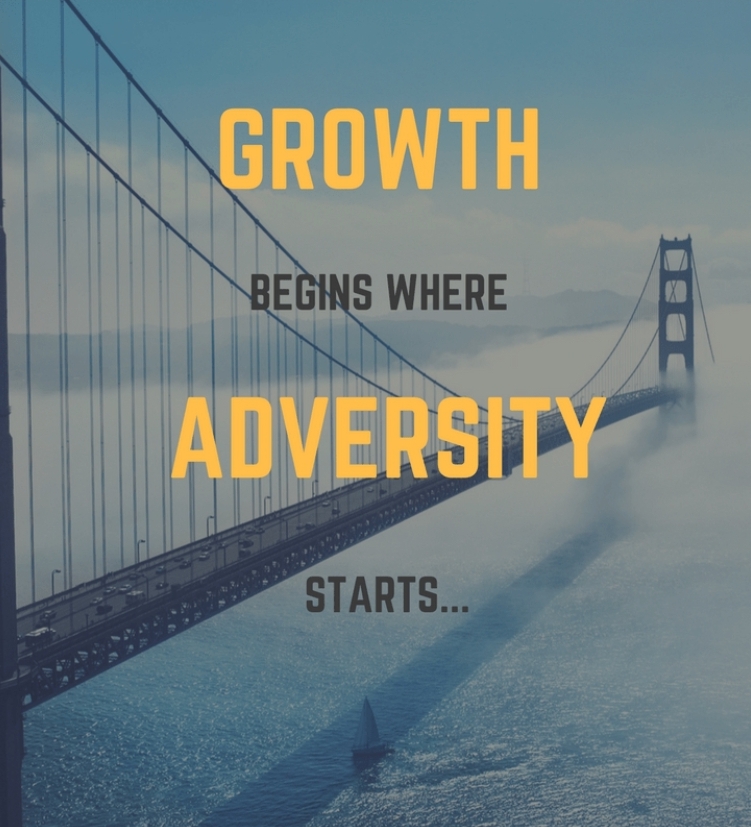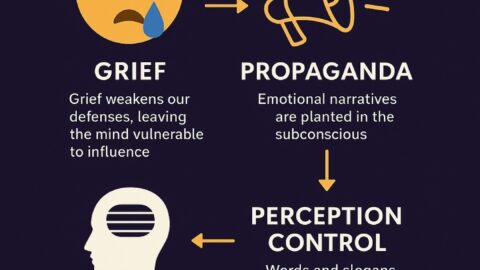Marcus Aurelius’ sentiment, “Adversity introduces a man to his true character and strength,” reflects his Stoic philosophy, which emphasizes resilience, self-awareness, and growth through challenges. This idea suggests that hardships and struggles reveal who we truly are, testing our values, inner fortitude, and ability to adapt. Let’s explore this concept in depth:
Adversity as a Mirror of True Character
Stripping Away Facades:
- In comfortable and easy times, it’s easy to project a certain image or maintain superficial habits. Adversity, however, strips away these facades, revealing the core of one’s character.
- A person’s true values, patience, courage, and integrity become evident when they face hardships.
Revealing Strengths and Weaknesses:
- Challenges act as a test, showing both strengths we can build upon and weaknesses we must confront.
- Without adversity, we might remain unaware of hidden capabilities or areas requiring growth.
The Role of Adversity in Building Strength
Developing Resilience:
- Overcoming obstacles strengthens emotional and mental fortitude. Each challenge faced and conquered adds to an individual’s ability to endure future hardships.
- As Marcus Aurelius often emphasized in Meditations, hardship is a natural part of life and should be met with composure.
Fostering Self-Mastery:
- Adversity teaches discipline and focus. When life feels out of control, the ability to control one’s thoughts and actions becomes paramount.
- Through adversity, we learn to master impulses, focus on solutions, and maintain a sense of purpose.
Expanding Perspective:
- Struggles often bring about a deeper understanding of life and others’ experiences, fostering empathy and humility.
- Challenges encourage people to look inward and reflect on what truly matters, often leading to a more meaningful and purpose-driven life.
Stoic Philosophy and Adversity
Marcus Aurelius’ teachings in Meditations frequently address how to face adversity with dignity and grace. Key Stoic principles include:
Accepting the Natural Order:
- Adversity is an inevitable part of the human experience. Instead of resisting it, we should accept it as a natural occurrence.
- As Marcus wrote, “The impediment to action advances action. What stands in the way becomes the way.” Challenges are not obstacles but opportunities for growth.
Control What You Can, Let Go of What You Can’t:
- While we cannot control external events, we can control our responses to them. Adversity offers a chance to practice this principle by focusing on attitude and actions.
Turning Pain into Purpose:
- Pain and hardship can be reframed as tools for personal development. Through adversity, we refine our character and deepen our sense of purpose.
Historical Examples of Adversity Revealing Character
Marcus Aurelius Himself:
- As a Roman Emperor, Marcus faced wars, political instability, and personal loss, including the death of many of his children. Despite this, he remained committed to his principles, leading with wisdom and humility.
Nelson Mandela:
- Mandela’s 27 years in prison revealed his extraordinary resilience, forgiveness, and leadership. Adversity transformed him into a global symbol of justice and reconciliation.
Helen Keller:
- Overcoming the challenges of being blind and deaf, Keller demonstrated remarkable strength, determination, and intellect, becoming an advocate for social change.
Applying This Wisdom to Modern Life
In Personal Challenges:
- Adversity in relationships, careers, or health can seem overwhelming, but these moments often lead to profound personal growth.
- Reflecting on challenges helps clarify values, deepen self-awareness, and cultivate gratitude for the strengths gained.
In Leadership:
- A leader’s character is revealed in times of crisis. Those who remain calm, empathetic, and decisive inspire confidence and loyalty.
- Facing challenges with integrity often sets leaders apart and builds trust.
In Parenting and Mentorship:
- Teaching children or mentees to face adversity with courage and resilience ensures they develop strong character and problem-solving skills.
Transforming Adversity into Opportunity
Shift Perspective:
- Instead of viewing adversity as a punishment or setback, see it as an opportunity for growth and learning.
- Ask: What can this challenge teach me? How can I emerge stronger?
Build Mental and Emotional Strength:
- Practice mindfulness, journaling, or meditation to process emotions and maintain clarity during difficult times.
- Surround yourself with a supportive community that encourages growth.
Take Meaningful Action:
- Use adversity as motivation to create change or achieve goals, turning pain into progress.
- Reflect on how overcoming challenges can contribute to personal growth and a greater purpose.
The Long-Term Impact of Adversity
Character Development:
- Facing adversity builds virtues such as patience, courage, empathy, and perseverance, which define a person’s legacy.
Strengthened Relationships:
- Shared challenges often deepen bonds with others, fostering trust, understanding, and support.
Greater Fulfillment:
- The strength gained through adversity contributes to a sense of accomplishment and purpose, leading to a more fulfilling life.
Conclusion
Marcus Aurelius’ observation underscores the transformative power of adversity. While hardships test us, they also offer an unparalleled opportunity to discover our true character and cultivate strength. By embracing challenges with resilience and purpose, we can emerge not only stronger but also wiser and more aligned with our values. In adversity, we find the courage to become the best versions of ourselves.




